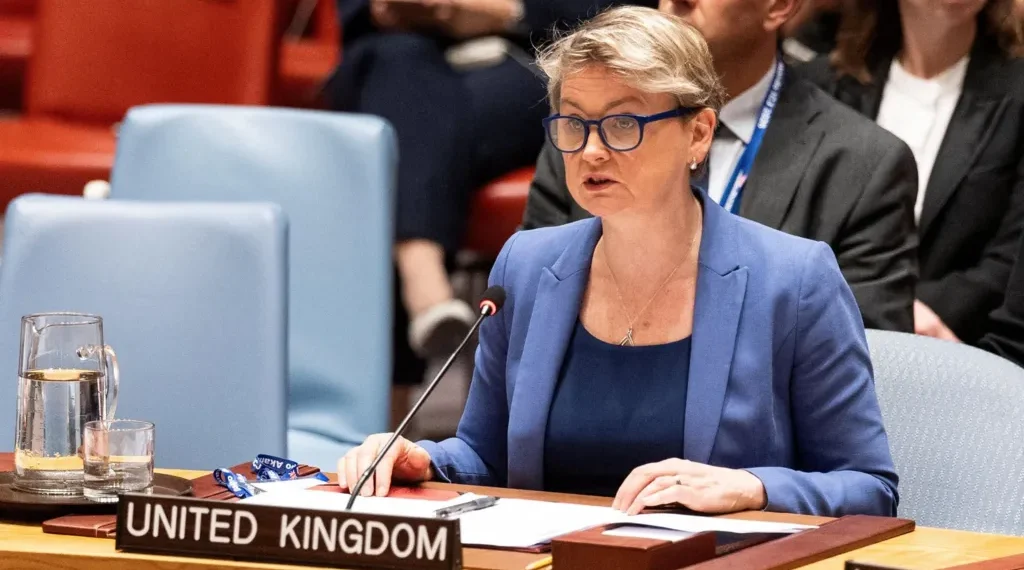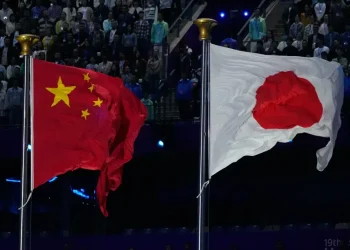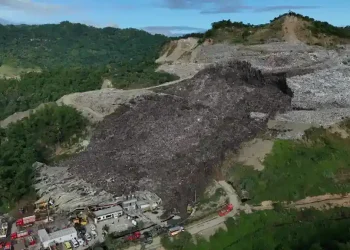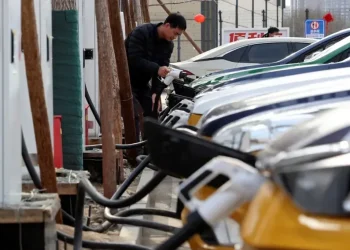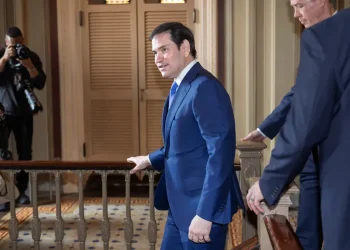Sweeping Sanctions Return on Iran a Decade After Landmark Nuclear Agreement
Published: September 28, 2025, 18:00 EDT
International sanctions have been reinstated on Iran, a decade after being lifted under the 2015 nuclear agreement. The move follows escalating tensions over Tehran’s nuclear activities and its refusal to cooperate with international inspectors, raising renewed concerns about global security and diplomacy.
Background: The Nuclear Deal and Its Original Purpose
The Joint Comprehensive Plan of Action (JCPOA), signed in 2015 between Iran and world powers, sought to limit Iran’s nuclear activities in exchange for lifting economic and military sanctions. Under the deal, Iran agreed to restrict uranium enrichment, cap research, and permit inspections by the International Atomic Energy Agency (IAEA).
The agreement was widely regarded as a diplomatic breakthrough at the time, aiming to ensure that Iran could develop nuclear energy for peaceful purposes while preventing weapons development. However, the deal has faced repeated challenges since its inception.
Breakdown of Commitments and Rising Tensions
In June, Iran suspended IAEA inspections after a series of strikes on its nuclear facilities and military bases, attributed to the United States and Israel. Tehran argued that the attacks had fundamentally altered the framework of the JCPOA, making its obligations under the agreement obsolete.
President Masoud Pezeshkian has repeatedly denied that Iran seeks nuclear weapons, calling the sanctions “unfair, unjust, and illegal.” However, Western powers argue that Tehran has increased activities prohibited under the agreement, raising doubts about its intentions.
Trump-Era Shift and Aftermath
The unraveling of the nuclear deal accelerated after former U.S. President Donald Trump withdrew Washington from the JCPOA in 2016. Trump argued the accord was flawed and promised to negotiate stronger terms. Following his decision, Iran gradually expanded its enrichment capabilities beyond permitted limits.
The United States and Israel have since conducted operations targeting Iran’s nuclear infrastructure. While Washington claimed the strikes caused “monumental damage,” analysts remain divided over whether they significantly disrupted Iran’s program.
European Powers Trigger the “Snapback”
The United Kingdom, France, and Germany—known as the E3—confirmed they had no choice but to invoke the UN’s “snapback” mechanism. This clause restores sanctions if Iran is found in violation of its commitments.
In a joint statement, the foreign ministers said Iran had “repeatedly breached” the deal, pointing to its refusal to allow full IAEA access and its accumulation of highly enriched uranium. They emphasized that the reimposition of sanctions was not the end of diplomacy but a necessary response to Iran’s continued escalation.
Talks held on the sidelines of the United Nations General Assembly earlier this week failed to produce an agreement that would have delayed the move.
Iran’s Defiant Response
Iran’s government has strongly rejected the decision. The foreign ministry described the sanctions as “illegal and unjustifiable,” warning that any action undermining national interests would face a “firm and appropriate response.”
While President Pezeshkian has walked back earlier threats of withdrawing from the Non-Proliferation Treaty (NPT), he has warned that sanctions jeopardize the prospects of renewed negotiations. He stressed that Tehran would need guarantees against future attacks on its facilities before reconsidering its enrichment activities.
Rejecting U.S. proposals for a temporary exemption from sanctions in exchange for surrendering enriched uranium stockpiles, Pezeshkian said:
“Why would we put ourselves in such a trap and have a noose around our neck each month?”
Outlook: Diplomacy or Escalation?
Despite the return of sanctions, European leaders maintain that dialogue remains possible. Their joint statement urged Iran to avoid further escalation and reaffirmed that diplomatic channels remain open.
The IAEA confirmed that inspections at some facilities have resumed, though concerns persist over Iran’s overall transparency. Western governments remain unconvinced by Tehran’s assurances that its nuclear program is peaceful.
As the geopolitical landscape shifts, the reimposition of sanctions marks a critical moment for the Middle East and global security. The coming months will test whether diplomatic negotiations can be revived or if confrontation will intensify.
This article was rewritten by JournosNews.com based on verified reporting from trusted sources. The content has been independently reviewed, fact-checked, and edited for accuracy, neutrality, tone, and global readability in accordance with Google News and AdSense standards.
All opinions, quotes, or statements from contributors, experts, or sourced organizations do not necessarily reflect the views of JournosNews.com. JournosNews.com maintains full editorial independence from any external funders, sponsors, or organizations.
Stay informed with JournosNews.com — your trusted source for verified global reporting and in-depth analysis. Follow us on Google News, BlueSky, and X for real-time updates.
